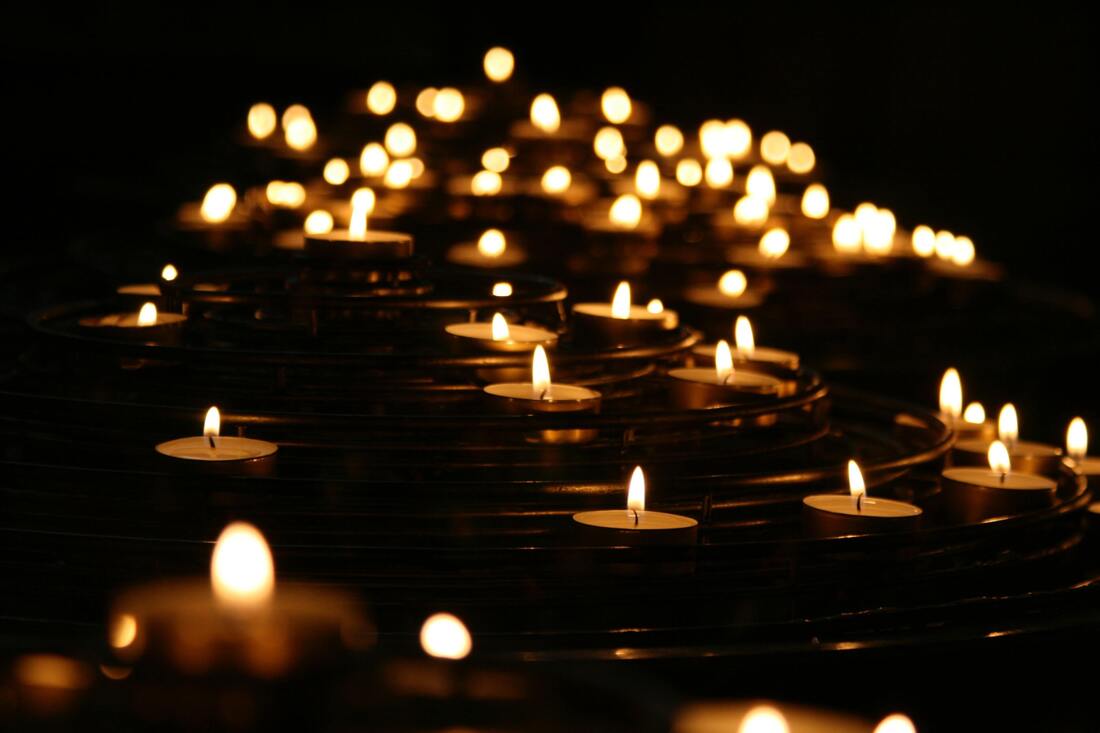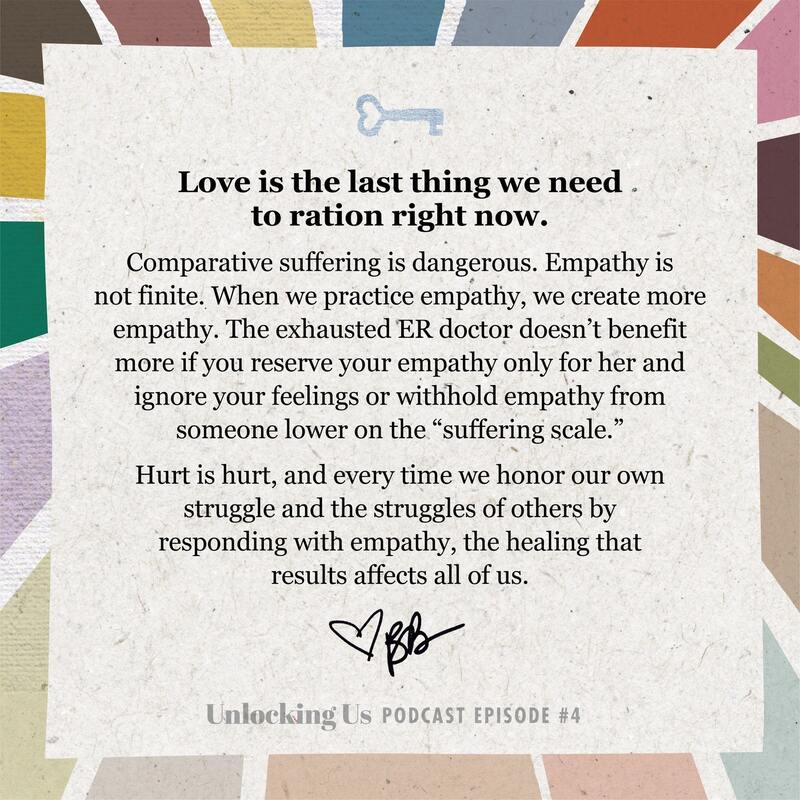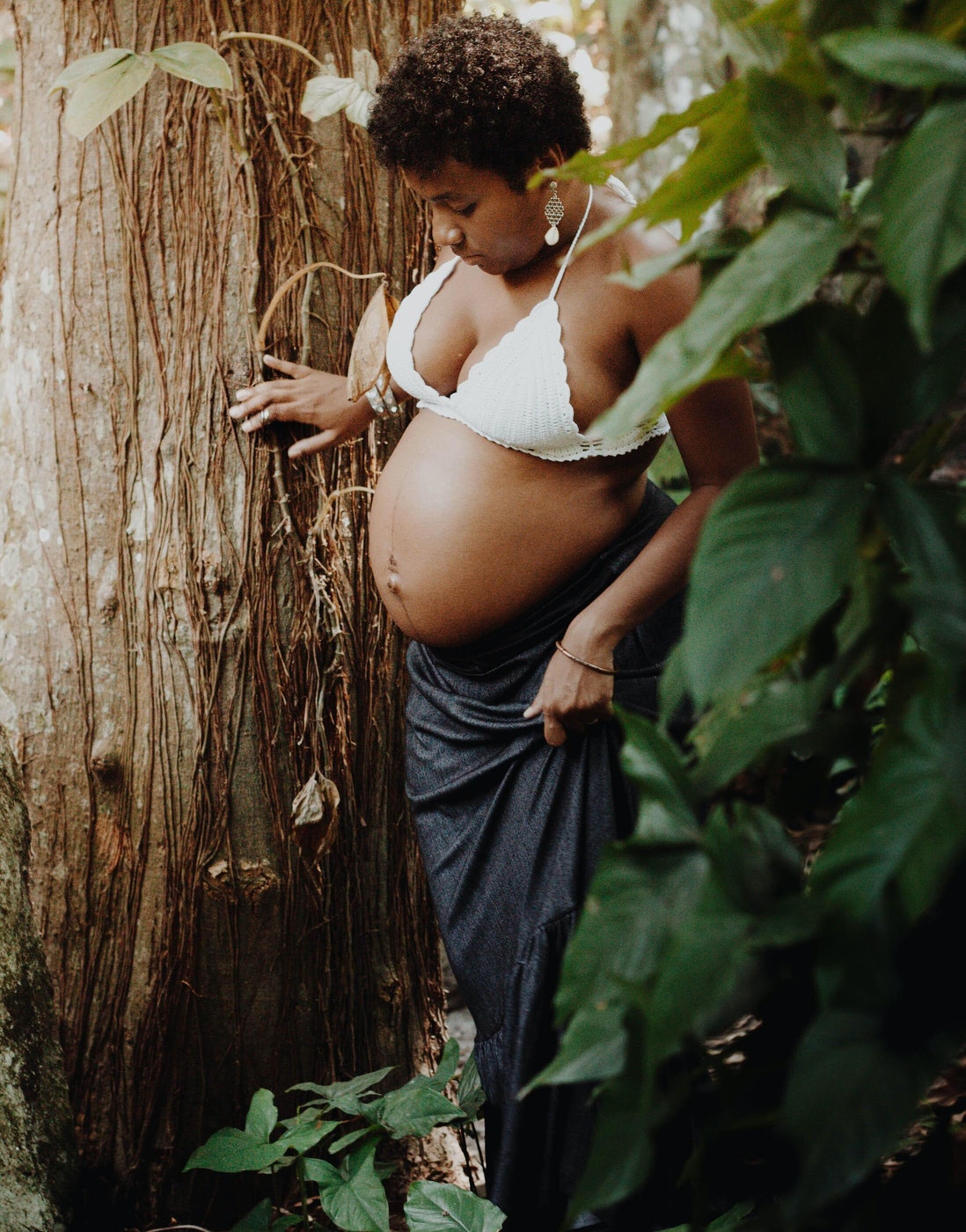|
In our pregnancy circle, we often try to conceptualize what being “prepared” to have a baby means or looks like.
How can we know what kind of support we will need once we have a baby? How can we prepare for the vast unknown of postpartum beforehand when everyone's experience is different? How can we see the light of what we need when we’re in the middle of it and have no frame of reference for what we can expect? How can we seek out help when newborn life already requires superhuman energy and a level of giving that is so above anyone’s normal (all while adjusting to enormous hormone shifts and recovering)? It’s so hard to know what we’ll need beforehand and, as I’ve learned, even when we’re going through it. I am all for the deep reflection, but want to suggest that it’s really ok if you’re feeling like “oh crap I have no idea!” Or if you look back and think "argh I wish I had done that differently!"
0 Comments
My 5 year old daughter LOVES her body. She loves everything about it - she told me the other day that one of the freckles on her arm is "SO cool."
It is heartening and heart breaking. As adult women we've been bombarded for almost our whole lives with the message that our bodies are never good enough. It's exhausting, it's controlling, and it's something that with every fiber of my being I can't stand having my daughter (or son) be defined by. It's something that's come up in every single one of our circles. How pregnant bodies seem to be an invitation to comment - "Are you sure its not twins?" "You don't even look pregnant!" "You're gaining too much/too little weight." Or how in a pandemic we feel truly invisible even though we're literally growing a human being. Then we're supposed to "get our body back" after giving birth - like it's something we've lost instead of something that grew and birthed a baby (or two or more). Even though we did the most amazing thing in the world, we still feel devastated when our clothes don't fit or someone's judgmental comment brings our insecurities roaring back. Disrupting this system and changing our own thought patterns is HARD. But living in a system that benefits off of our body shame, that keeps women, minorities, and differently abled people out of positions of power, is so much worse. October is Pregnancy and Infant Loss Awareness month. Our theme of the month is receiving support. If you have suffered the loss of a pregnancy or an infant, or if you ever do, we want to make sure that you feel supported by your community and know how to get help.
One of the hardest parts of losing a baby, outside of the loss itself, is grieving in isolation and without support. When I recall my own loss, the feeling of being alone stands out. I had never heard a close friend or family member talk about pregnancy loss. I had no idea how common pregnancy loss is. I wondered if I had done something wrong. I questioned every choice I’d made in that short period of time: should I have not consumed that cheap coffee? Should I have not gone on that run? Should I have not yelled at my husband that day? One of these things that I had done might have caused it. I should have been more careful. These were the messages my vulnerable and isolated mind created. I want to share a combined lesson I learned at a young age: everyone's struggle is real and there is enough empathy in the world to go around.
Those of you who have had children know that so much of the transformation to motherhood happens behind closed doors. It is largely invisible to the world. It is also a monumental shift. It’s real work.
In a newborn group this week, several new moms spoke about how guilty they’ve felt that they are sitting around feeding babies while partners do everything (or don’t do everything and there’s conflict!). |
JournalThoughts on pregnancy, birth and motherhood. Archives
May 2023
Categories
All
|
SUPPORT |
ABOUT |
CONNECT© COPYRIGHT 2023. ALL RIGHTS RESERVED.
|




 RSS Feed
RSS Feed